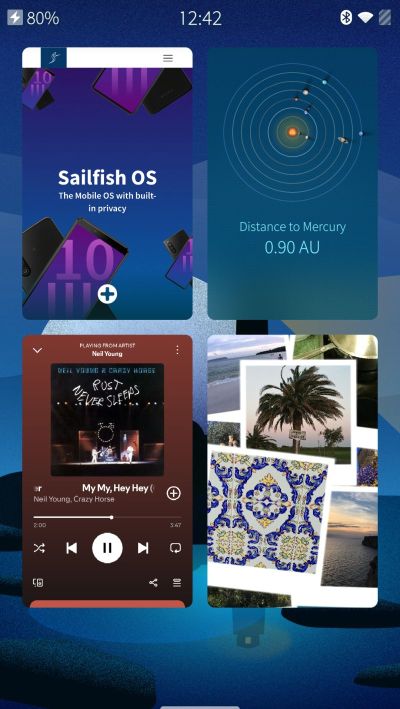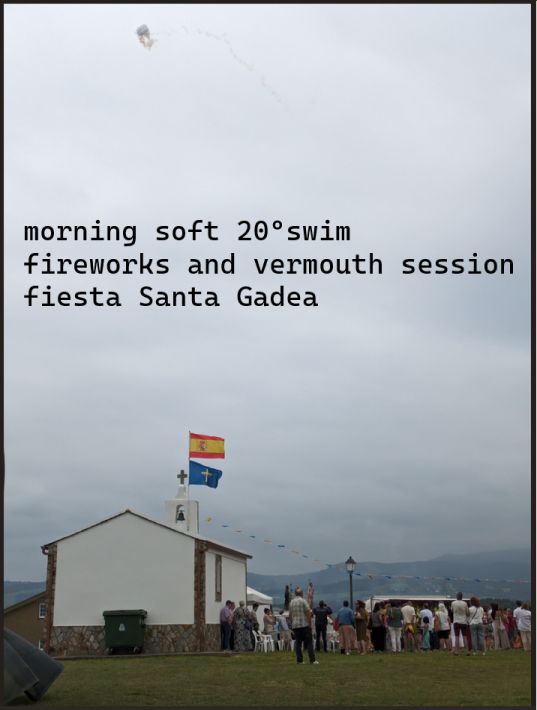Since getting a small little cabin in the local mountains I have had on the to do list pulling out one of my currently unused Raspbery Pi’s and setting it up and lots of other yet to be determined things for gathering temperature data inside and outside the house. Then last week when chatting with my neighbor Nieves about how soon it would be cold in the mountains as WINTER IS COMING she mentioned that we probably need to get a smart plug to turn on the heater before we came up, as otherwise by the time we left at the end of the weekend the house would just be getting livable. I said yea that was a good idea and was thinking about my Raspberry Pi and having to get WireGuard on it as well so I could get onto the local network to control things… and later in the day I thought, well before doing all that, let me see what is out there. Oh boy was I in for a treat!
Read More





